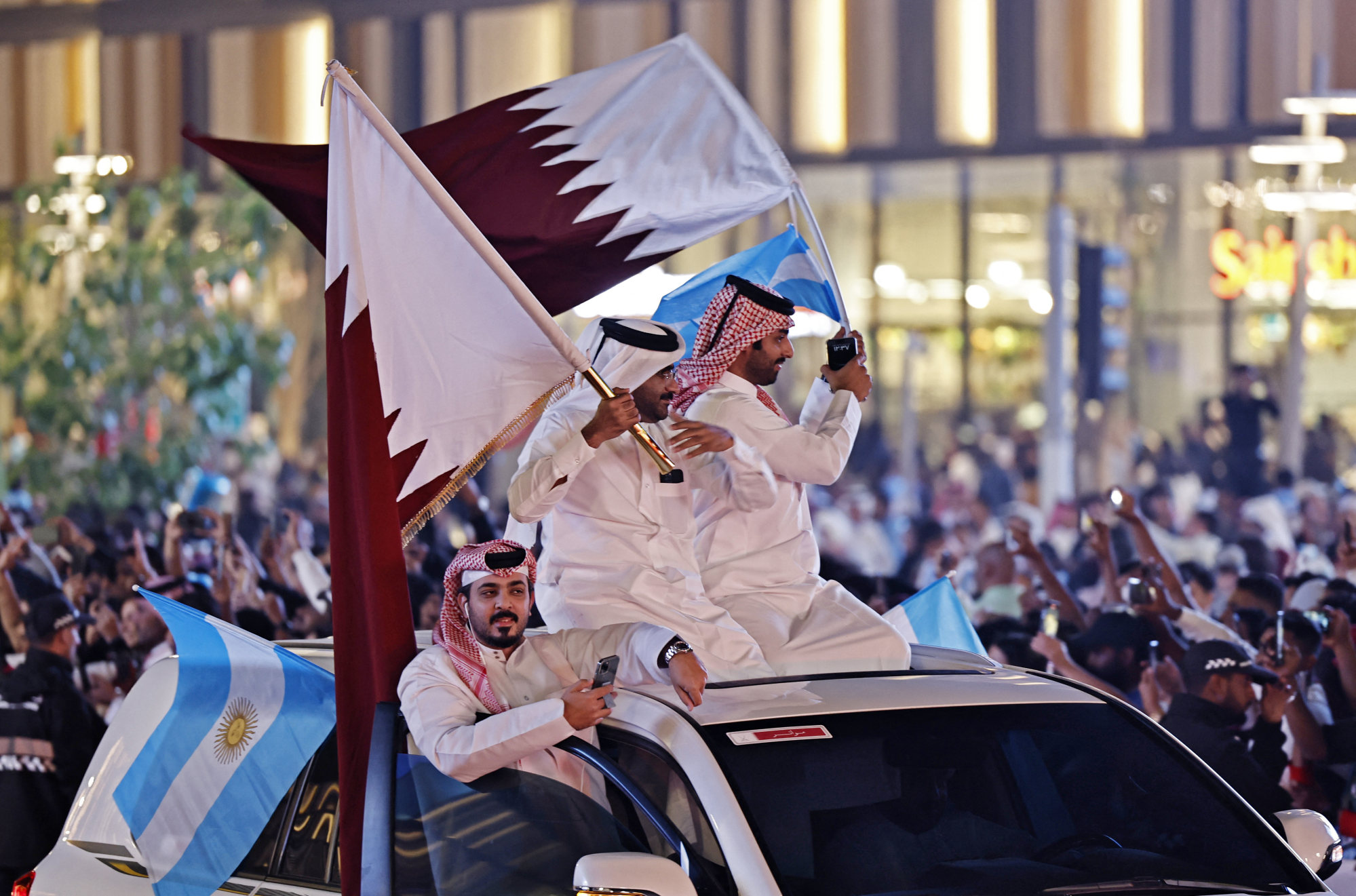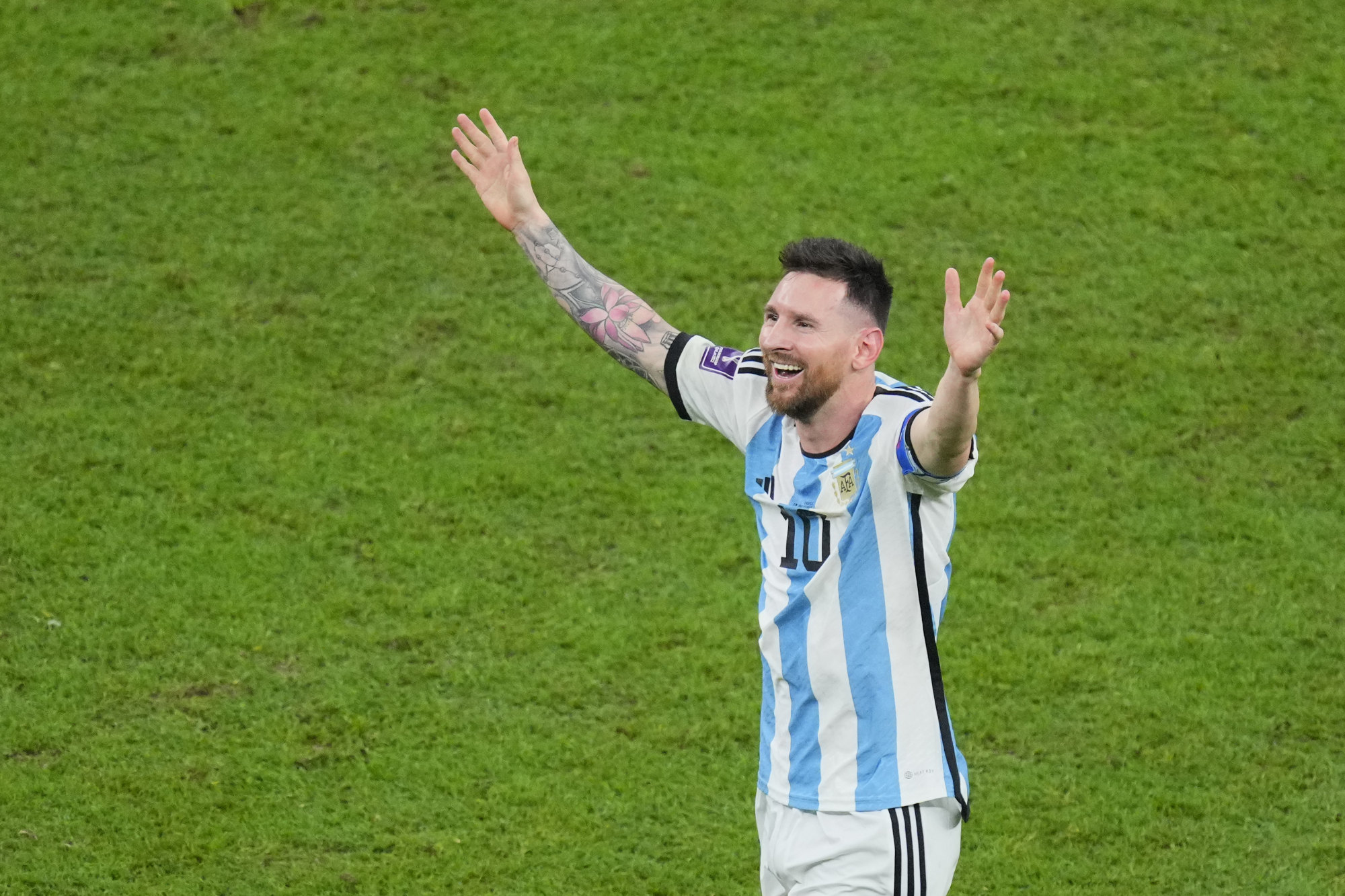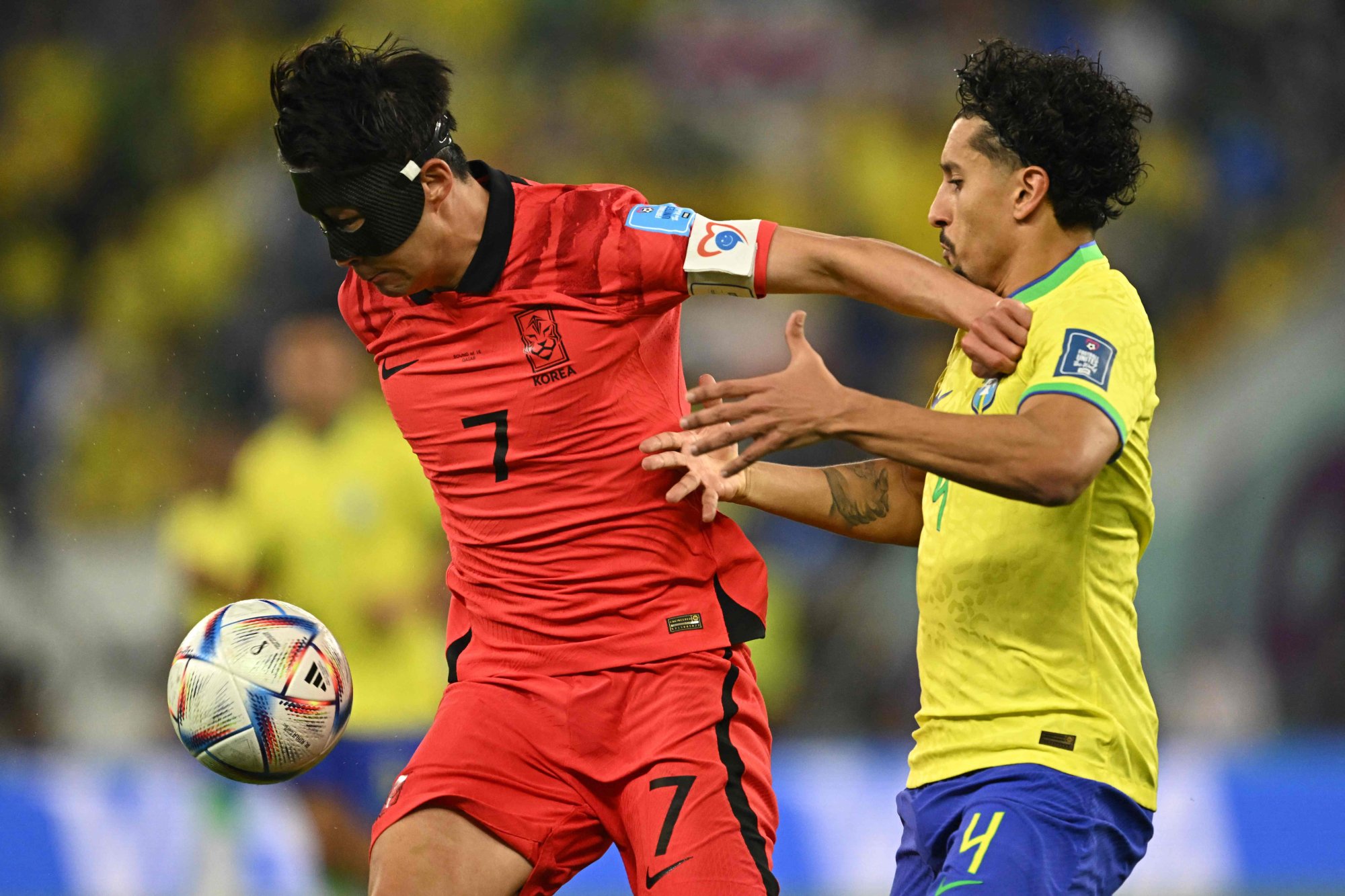
Fifa World Cup: curtain falls on most politicised sporting event in recent memory
- Qatar 2022 has arguably been most politicised sporting event in recent memory, with matters far beyond the usual remit of the sporting press
- The World Cup has accelerated the transformation of Qatar, part of a project that has cost in excess of US$200 billion to date
As Lionel Messi defined an era with his World Cup victory with Argentina, so another came to an end as the curtain fell on Qatar 2022 in the most spectacular fashion.
Much has been said over the last 12 years about the hosting of the World Cup in the Gulf state; from the contentious bidding process through which the country acquired the rights, the switching of the tournament to winter and the highly public battle over workers’ welfare issues and human rights.
Qatar 2022 has arguably been the most politicised sporting event in recent memory, with matters far beyond the usual remit of the sporting press raising their heads during the long, fractious build-up to the finals.
Since the beginning of this process, when Fifa awarded Qatar the World Cup on December 2, 2010, the country has undergone immense change. In little more than a decade, new cities decked out in the most opulent garb have sprung up from the desert.

A three-line metro system, plush and efficient, connects recent developments with the old, whisking passengers around with minimum fuss on automated driverless trains. Business districts that did not exist five years ago are home to high-end hotel chains and designer stores.
Qatar’s LED-encrusted skyline – illuminated every night during the World Cup with fireworks displays and drone shows – is a long way from the sandy city that welcomed visitors a quarter of a century ago, when the pyramid-shaped Doha Sheraton was the only building of note along the now-bustling Corniche.
The World Cup has accelerated the transformation, part of a project that has cost in excess of US$200 billion to date and which will go on long after this particular circus leaves town. The legacy of the sport’s greatest event will no doubt linger for years to come, in Qatar and around the Arab world.
The atmosphere around the event itself was often safe and familial, lacking the edge World Cup tournaments can carry. The much-mentioned limits on alcohol made for an affair that was, at times, sedate.
But there were pockets of passion around Doha, the central Souq Waqif was a fun and entertaining gathering point for buoyant fans from around the world, revelling in their teams’ successes and, as importantly, each other’s company.
In the eight venues – quite possibly the most breathtaking ever built for a World Cup – the environs regularly hummed with intensity. Fifa’s grating efforts to stoke up enthusiasm were unnecessary when Morocco, Argentina, Tunisia, Mexico or Saudi Arabia were on the field.
While South America and the Arab world came out in significant numbers, European fans were notable mainly for their absence. The negative press in the years leading up to the finals meant it was little surprise supporters from Western nations largely shunned the finals. That was their loss.
Messi’s victory will at least have ended the tiresome argument over his status as this generation’s greatest player, applying a full stop to the debate over whether he or Cristiano Ronaldo deserve the plaudits. It is also the last time the pair will be seen together on this particular stage.

Fittingly, Messi’s coronation came at the conclusion of one of the greatest finals ever, a roller-coaster ride that no one wanted to end. A late show from Kylian Mbappe, on the losing side despite becoming only the second player to score a hat trick in the final, ensured the game was a classic.
It was a conclusion in keeping with a four-week jamboree that delivered entertainment, provided shocks and saw records established. Qatar was a watershed moment for African football, Morocco becoming the continent’s first-ever semi-finalist, while for Asia it was equal parts ground breaking and frustrating.
The Qataris were hosting the tournament within the boundaries of the Asian Football Confederation for only the second time – two decades after Japan and South Korea co-hosted in 2002 – while the appearances of Japan, South Korea and Australia in the knockout rounds was a record for the confederation.
Frustratingly, it could have been so much more. Iran and Saudi Arabia both showed promise, the win by Herve Renard’s Saudi side over eventual champions Argentina built up hopes that were ultimately dashed.
The Koreans and Australians overperformed but Japan’s failure – yet again – to advance to the quarter-finals, the fourth time in six tournaments the country has fallen at the Round of 16 stage, hints at a deep-seated inability to deal with the pressure of knockout football.

There is much still for the Japanese to learn from stronger-willed nations such as Croatia, who eliminated Hajime Moriyasu’s side on penalties.
How success is gauged by any nation at future World Cup tournaments may well be determined by different factors, however, with significant change coming when the finals are next held in 2026.
Expanding to 48 participants means more resources will be required from hosts, with three countries – the United States, Canada and Mexico – organising the next edition in 16 far-flung venues. The intimacy and ease of Qatar, probably this tournament’s greatest strength, will be a distant memory.
Abandoning the 32-team format, in place since the finals were held in France in 1998, is a risk but Fifa president Gianni Infantino is a believer in bigger being better. Opening the World Cup to more nations will mean greater support for the Swiss administrator any time elections come around.
Qatar 2022 highlighted that the World Cup, despite the flaws associated with how hosting rights have historically been awarded, was not broken. It does not need to be fixed. Years from now many will look back at these finals fondly, despite the caveats. Sadly, the World Cup’s golden period may have passed.

